Did you know that cats can produce over 100 different vocal sounds, compared to dogs, who manage just about 10? Whether it’s the way they communicate or their graceful yet mysterious behavior, cats have always fascinated us. At Southern Crossing Animal Hospital in Memphis, Tennessee, we see just how special these animals are. Whether you’re a first-time cat owner or have been sharing your home with cats for years, here are some surprising and little-known facts about our feline friends, with tips on how to give them the best care possible.
Fact 1: Cats’ Unique Communication—It’s More Than Just a “Meow”
Many people think cats are independent and aloof, but they are actually excellent communicators. Unlike dogs, who bark at almost anything, cats have a specific meow just for humans. They rarely meow at other cats! Here’s what your cat might be trying to tell you:
- Meows: Typically directed at humans, meows can mean anything from “feed me” to “I missed you.”
- Purring: While often associated with contentment, purring can sometimes indicate pain or distress, especially if it occurs when your cat is alone or unwell.
- Hissing and growling: These are clear signs that your cat feels threatened and needs space.
A sudden change in vocalization might indicate a health issue, such as dental pain or respiratory trouble. If you notice something different about the way your cat “talks,” schedule a check-up with us. You can learn more about cat health signs in our blog on spotting health issues in pets.
Fact 2: Cats Are Natural Hunters—Even Indoor Cats Need Mental Stimulation
Even if your cat has never set foot outside, it still has a strong hunting instinct. This explains why they stalk toys or pounce on unsuspecting objects. Engaging your cat in activities that simulate hunting is not just fun—it’s also essential for their mental and physical well-being. Playtime can reduce boredom, anxiety, and even prevent destructive behaviors.
Regular play is also a great way to keep your cat physically fit. For instance, using toys that mimic prey, such as feather wands or laser pointers, helps stimulate their natural instincts. This type of play is crucial for indoor cats, who might otherwise become bored or overweight. If you’re unsure how to structure play sessions, ask our team about enriching activities tailored to your cat’s needs during your next visit.
Looking for more ways to enrich your cat’s life? The Ohio State University Veterinary School’s Indoor Cat Initiative provides fantastic advice!
Fact 3: Cats’ Sensory Superpowers—Far Beyond Human Abilities
Ever wonder how your cat seems to navigate in complete darkness? Or how they seem to sense when a mouse is near, even if you can’t hear a thing? Cats possess extraordinary senses, which help them in both hunting and self-preservation:
- Vision: Cats have excellent night vision, thanks to a higher number of rod cells in their eyes. They can see in light levels six times dimmer than what humans need.
- Hearing: Cats hear in the ultrasonic range—frequencies even higher than dogs—allowing them to detect the high-pitched sounds made by small prey like mice or insects.
- Smell: A cat’s sense of smell is 14 times more powerful than ours. This helps them identify food, but it’s also why they can be picky about litter boxes and food bowls—cleanliness matters!
By understanding your cat’s sensory abilities, you can create a more stimulating and comfortable environment for them. For example, ensuring their litter box is always clean can help reduce stress, and offering new scents through toys or even cat-safe plants can keep them engaged.
Fact 4: Hydration is Critical—Cats Are Notoriously Bad at Drinking Water
Many cat owners don’t realize that cats have a naturally low thirst drive. This stems from their desert-dwelling ancestors, who got most of their water from the food they ate. However, many domestic cats today eat primarily dry food, which contains far less water. Dehydration can lead to urinary tract issues or kidney problems, which are common health concerns for cats.
Encouraging your cat to drink more water is important for their health. One way to do this is by providing a fountain—many cats prefer running water to still water. You can also try mixing wet food into their diet, which contains much more water than dry kibble.
Fact 5: Cats Value Their Independence—But They Still Crave Affection
While cats are known for their independent nature, they still need love and attention. Each cat has its own threshold for how much interaction it enjoys. Some cats are social butterflies, while others prefer quiet companionship. It’s important to observe your cat’s cues to understand their boundaries. For example, some cats might love being petted but only in specific areas like their head or chin, while petting their belly may result in a swift swipe of their paw!
Creating a predictable routine that includes moments of affection on their terms is the best way to build a strong bond with your cat. Remember, they might not always demand attention like dogs, but that doesn’t mean they don’t enjoy your company.
Fact 6: Common Health Concerns—Prevention is Key
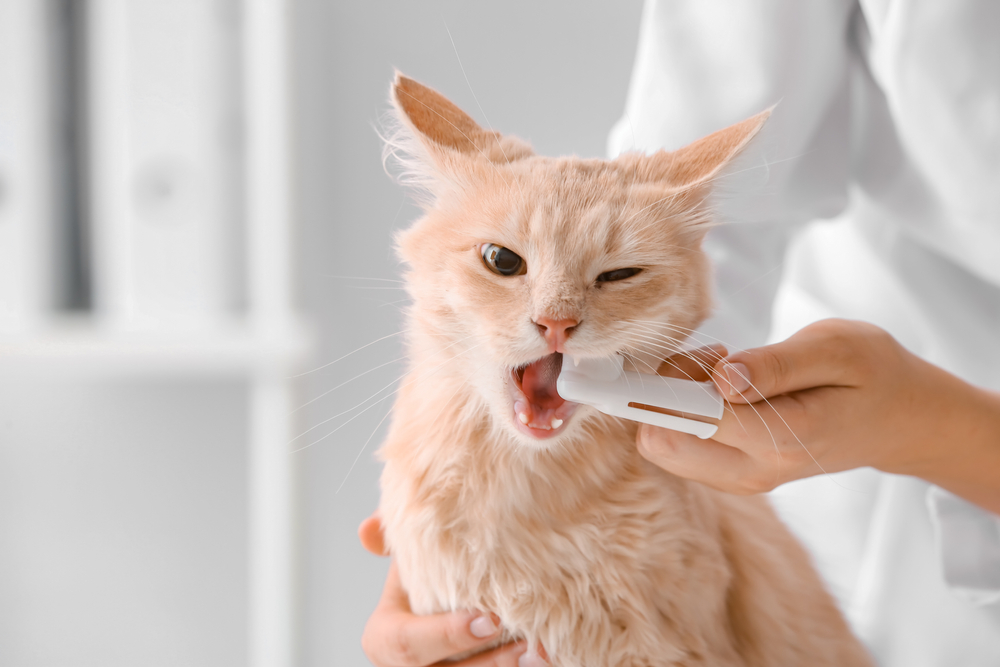
Cats are masters at hiding pain and illness, so regular veterinary visits are crucial. Common health concerns include:
- Dental disease: Over 70% of cats over the age of 3 have some form of dental disease. Routine dental care, including brushing and professional cleanings, is key to prevention.
- Obesity: Around 60% of cats in the U.S. are overweight. Controlling portion sizes and encouraging exercise can help prevent obesity and related health issues.
- Kidney disease: A common ailment in older cats, kidney disease can be managed with early detection and dietary changes.
Our team at Southern Crossing Animal Hospital recommends regular check-ups to catch any issues early and keep your cat feeling their best. Learn more about what to expect during a routine exam on our wellness care page.
Cats are fascinating creatures, each with their own quirks and behaviors. By understanding their unique needs, from sensory stimulation to hydration, you can help your cat live a healthier, happier life. At Southern Crossing Animal Hospital, we’re here to support you with expert care and advice. Don’t hesitate to schedule your cat’s next check-up and let’s work together to ensure they enjoy a long, healthy life.



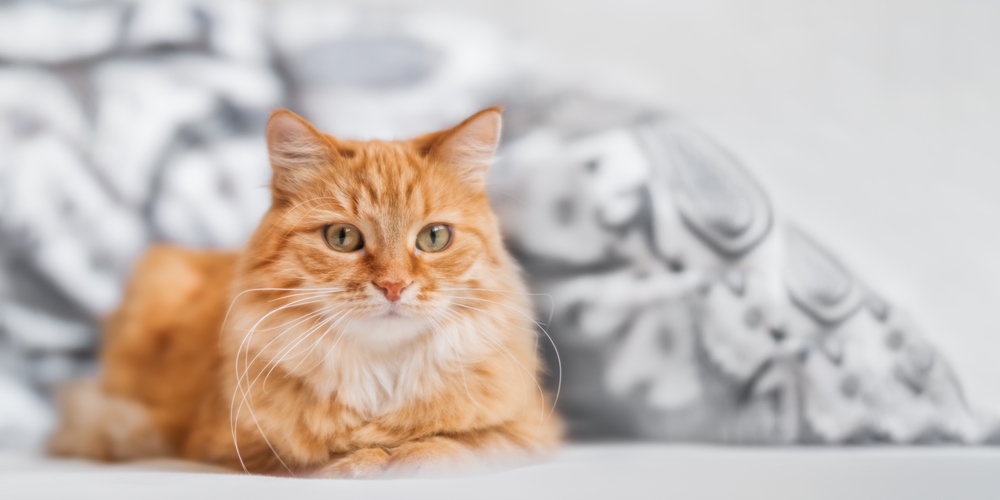
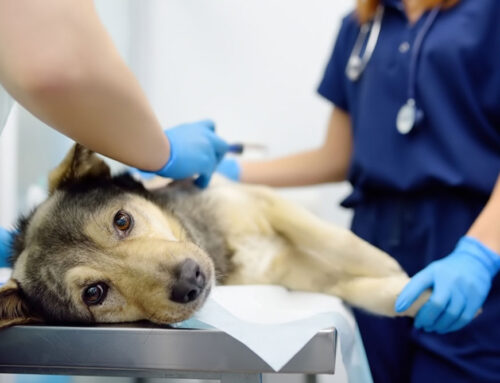
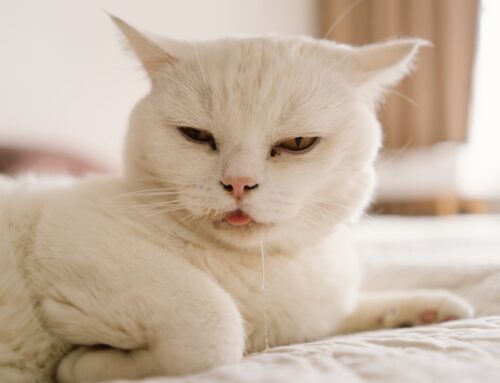
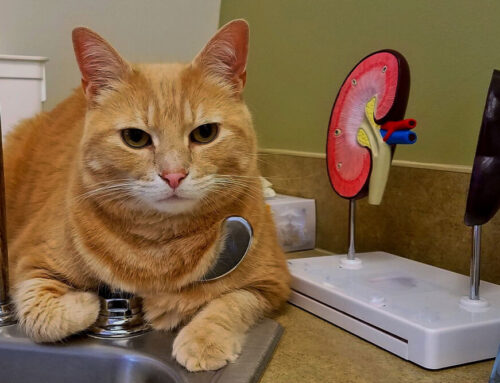

Leave A Comment